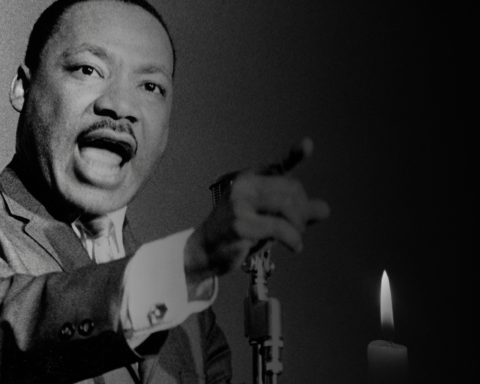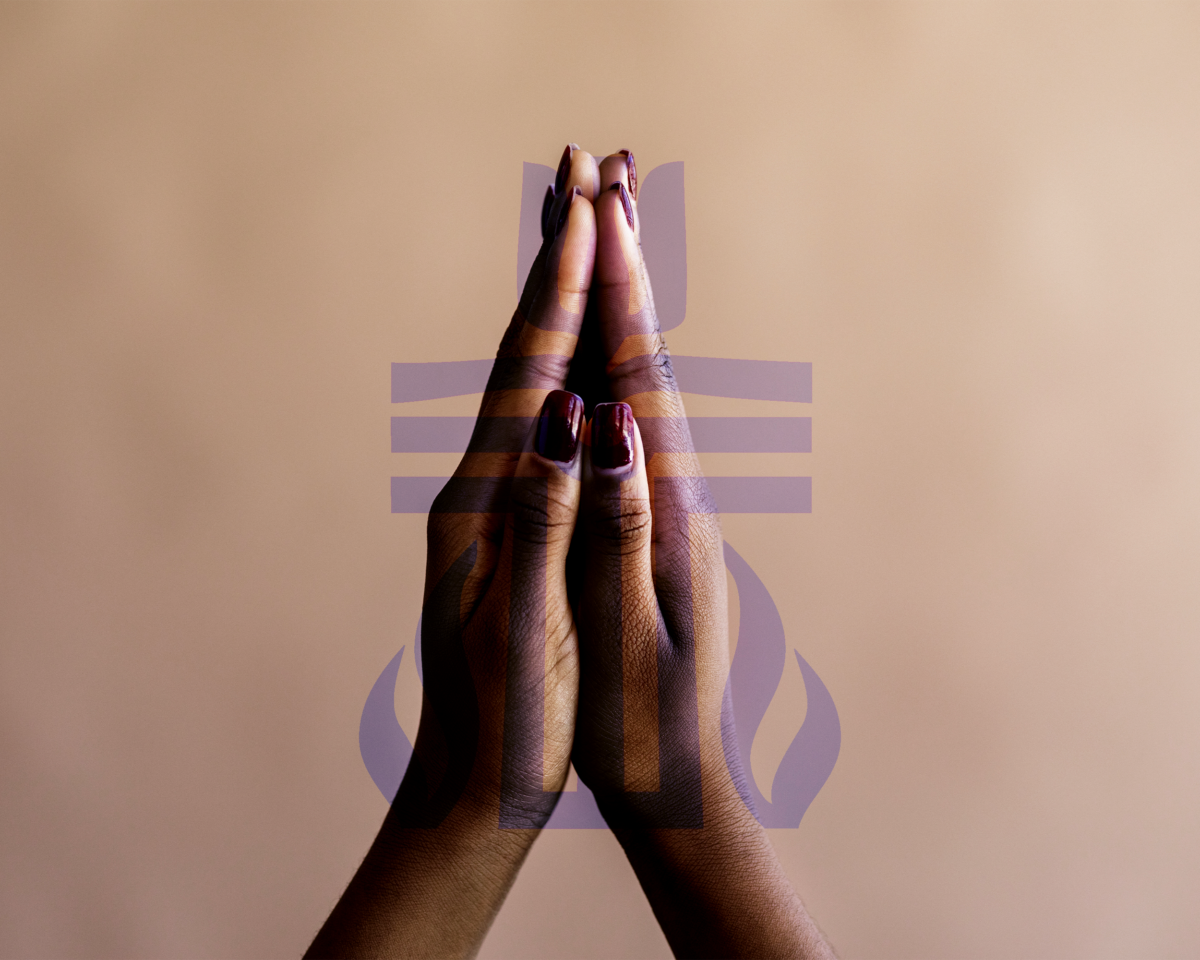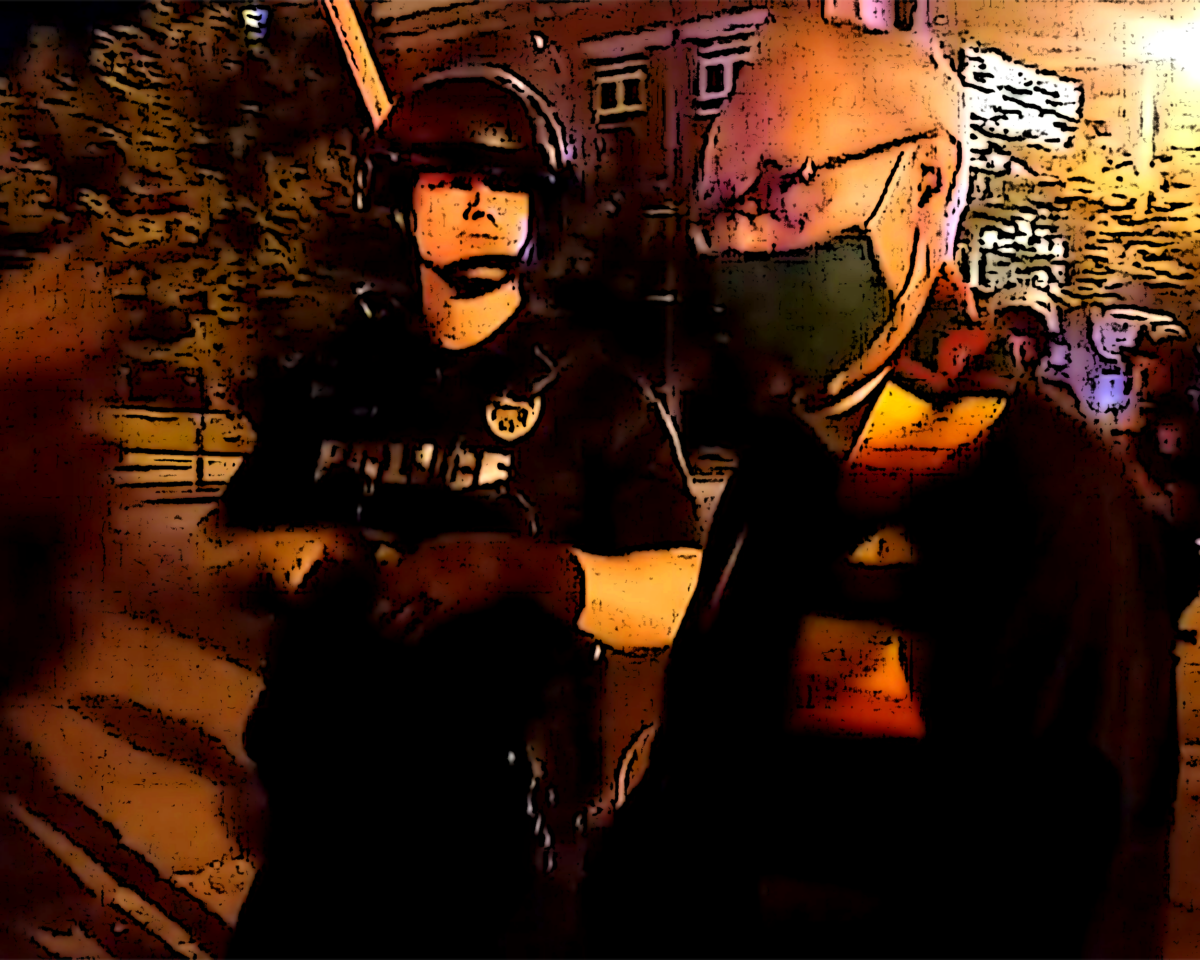33 ‘Listen to another parable. There was a landowner who planted a vineyard, put a fence around it, dug a wine press in it, and built a watch-tower. Then he leased it to tenants and went to another country. 34When the harvest time had come, he sent his slaves to the tenants to collect his produce. 35But the tenants seized his slaves and beat one, killed another, and stoned another. 36Again he sent other slaves, more than the first; and they treated them in the same way. 37Finally he sent his son to them, saying, “They will respect my son.” 38But when the tenants saw the son, they said to themselves, “This is the heir; come, let us kill him and get his inheritance.” 39So they seized him, threw him out of the vineyard, and killed him. 40Now when the owner of the vineyard comes, what will he do to those tenants?’ 41They said to him, ‘He will put those wretches to a miserable death, and lease the vineyard to other tenants who will give him the produce at the harvest time.’
42 Jesus said to them, ‘Have you never read in the scriptures:
“The stone that the builders rejected
has become the cornerstone;
this was the Lord’s doing,
and it is amazing in our eyes”?
43Therefore I tell you, the kingdom of God will be taken away from you and given to a people that produces the fruits of the kingdom. 44The one who falls on this stone will be broken to pieces; and it will crush anyone on whom it falls.’ 45 When the chief priests and the Pharisees heard his parables, they realized that he was speaking about them. 46They wanted to arrest him, but they feared the crowds, because they regarded him as a prophet.
– Matthew 21: 33-46
In the past year, oh what a year, we have seen so much in such a small amount of time. We have been consumed by a plague and pandemic that has killed our siblings especially are siblings of color and those who are poor. We have seen no justice in the murders of Breonna Taylor, George Floyd and countless other Black siblings. We have experienced this pandemic grow and grow because we have put money and power over the divine lives of people by opening up an economy that is not ready to be opened. We have an administration that devalues humanity, dishonors science, lacks the intellect to lead, and most importantly perpetuates racism and white supremacy through speech and through action. Siblings, we are in a vineyard much like the one Jesus describes – a fenced in vineyard.
Disrespect. Privilege. Money. Enslavement. Murder. Greed. Capitalism. All of these are intertwined in this horrific story that Jesus tells the religious leaders of his day. This parable is absolutely, again, horrific and plagued with violence that is too often ignored. Violence, in general, is almost never spoken of when it comes to the biblical text, in fact, it is often glorified and used to validate and justify human violence towards one another. But here, Jesus is constructing a narrative where violence is the basis – the foundation of the plot and narrative. This vineyard is bloody and racist and classist and money crazed.
Not only is violence central to the plot, but capitalism frames the story with its constant need for production no matter the cost. No matter the human lives slaughtered. Production is the necessary evil to keep the vineyard going and to fill the owner’s pockets. But, the tenants who have leased this vineyard have taken it over. Why? Maybe it is because they are so poor that they need the money to survive. Maybe it is because they are tired of the classist system that puts them at the bottom of society. Whatever the reason, they turn to violence by killing, beating, and stoning slaves that were sent by the owner to collect the produce. Murder. Abuse. Violence. All in the name of production, oppression, and money.
And then we must discuss enslavement. We must talk about the expendability of human lives. The owner sent his slaves twice. The owner already knew what happened to them the first time and yet, sent them again into a place of terror. And again, they were killed. Again, the enslaved are devalued and used as a prop for the perpetuation of capitalist gain. They aren’t even seen as people to respect because the owner had to send his son to the tenants because they would respect him…but they did not. He was killed as well.
The father responds saying to kill them all and lease the land to tenants that will produce what he needs. Again, a vineyard of violence and gain.
Are we not in this vineyard right now? Fenced in by racism, white supremacy, capitalism, violence, murder, and devaluing of human life. Are we not in a vineyard that demands of us total exhaustion with the wine presses of our time and are we not surrounded by the watchtowers of oppression making sure that all goes to plan? This vineyard that Jesus depicts is our world, it is our country, right now. Right now.
In this moment, Jesus is speaking to religious leaders and we must ask why he is directing this story to them. It is because they were instigators in this death dealing vineyard. He was speaking to their power and their complacency within systems of oppression. And Jesus is speaking to us about our power and our complacency in systems that kill, that devalue, that are ran on greed. History has shown us that it is the religious leaders of our time that hold power, that sway public opinion, that instill unhealthy theologies, that used religion to justify slavery and Jim Crow. Religious leaders built the fences, the wine presses, and the watchtowers of our vineyards. And Jesus is holding them accountable and they know it and we know it.
Here Jesus offers an alternative to the vineyard – the kin-dom of God. A kin-dom where those that are rejected are the cornerstone, where the ones who have been enslaved are free, where tenants are given their fair share so they won’t have to kill in order to live, where religion is used to give life and not instill death. This kin-dom is built with stones that are strong, that have no time for oppression, that wield within them the power of love, acceptance, respect, dignity, and anti-racist particles that tell the capitalist vineyards of our time, “No!” There is another way. There is another type of produce to be cultivated.
And when this alternative is offered up, the religious leaders were angry, and they wanted to arrest Jesus. And when this alternative is offered up now, we often anger others, and we often are told to be quiet. We are told that this isn’t possible. We are shouted at and yelled at for being “socialist” , for being “too radical”, for being “too political”. And yet, those who deal in death dealing know that what they are doing is wrong. They know and recognize it especially when the people are gathered. When the people are gathered and when the people are in masses screaming for justice, for a new way…they know that they cannot beat prophesy. And yet, they ignore their morality and press on pressing down others.
Jesus was called a prophet by the religious leaders – it wasn’t a compliment. Prophets stirred up trouble and were often killed for what they said. They spoke to the injustices of our world and that rattled society. They were called names and dehumanized. And siblings, that is our call.
We are called to offer an alternative to the vineyards of our time. We are demanded by Christ to be prophets and call out against enslavement, racism, greed, capitalism, violence, white supremacy and death dealing theologies. These vineyards have no place in the kin-dom of God. When injustice is not given to Breonna Taylor and her family, we must shout and prophesy. When the vote is suppressed, we must yell out and prophesy. When indigenous women and girls are murdered and our justice system ignores it, we must prophesy. We must prophesy no matter the consequence.
So may we tear down the fences, the wine presses, the watchtowers, the bloody vineyard and instead, build a kin-dom where all are free. Amen.
Lee Catoe is the managing editor of Unbound and the Associate for Young Adult Social Witness for the Presbyterian Church (USA).






Unbound Social